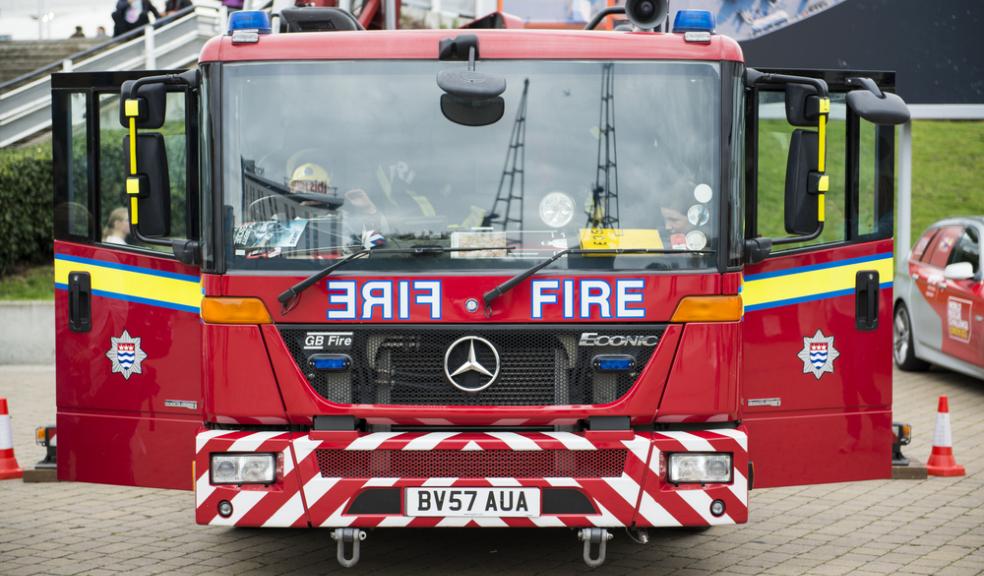
Fire service to stop attending non-residential false alarms that "waste public money"
Devon and Somerset Fire and Rescue Service has announced it will no longer attend automatic fire alarms for non-residential properties during weekday daytime hours.
The policy change will come into effect from 1 November and will apply between the hours of 8am and 6pm.
The Service says that false alarms arising from automatic fire alarm systems result in increased ‘blue light’ journeys that "waste public money", and "increase risk to staff and the public".
Businesses are already required by law to identify, maintain and manage their own fire safety procedures. Alarm systems are designed to provide early warning of fire to those present in the building so that they can exit the building safely.
The Service consulted on its plans "to improve the situation in relation to false alarms from automatic fire alarms in non-residential properties". They will only attend if there is a confirmed fire.
According to Devon and Somerset Fire and Rescue Service, false alarms have a major impact on them by:
- Diverting essential Service resources and make them unavailable for genuine emergencies
- Creating unnecessary risk to the public and to fire crews when appliances are responding under emergency conditions
- Disrupting community safety activity, arson reduction and training
- Imposing an unnecessary financial burden on the Service
- Impacting on staff being called out unnecessarily and on employers who release on-call staff for operational duties
- Undermining confidence in the alarm systems required by law to signal evacuation in a real emergency
The Service is advising businesses to undertake a review of their premises fire risk assessment and management plans and identify whether further action is required.
Devon and Somerset Fire and Rescue provide advice to businesses, and owners/occupiers of non-residential properties are encouraged to visit the website www.dsfire.gov.uk. For advice on specific requirements of how their premises currently comply, they should contact their fire alarm installer, maintenance contractor or an accredited fire risk assessor.













